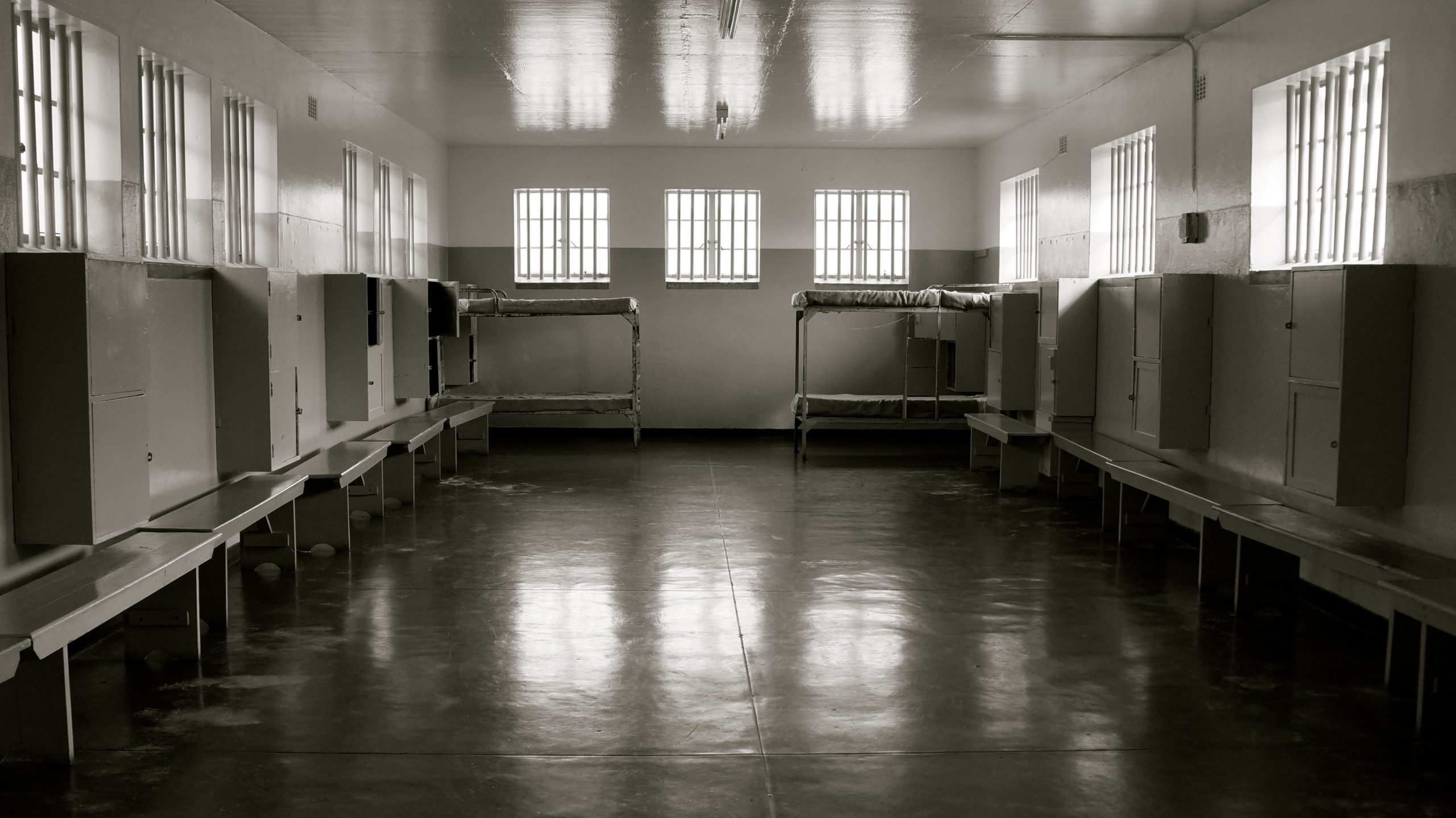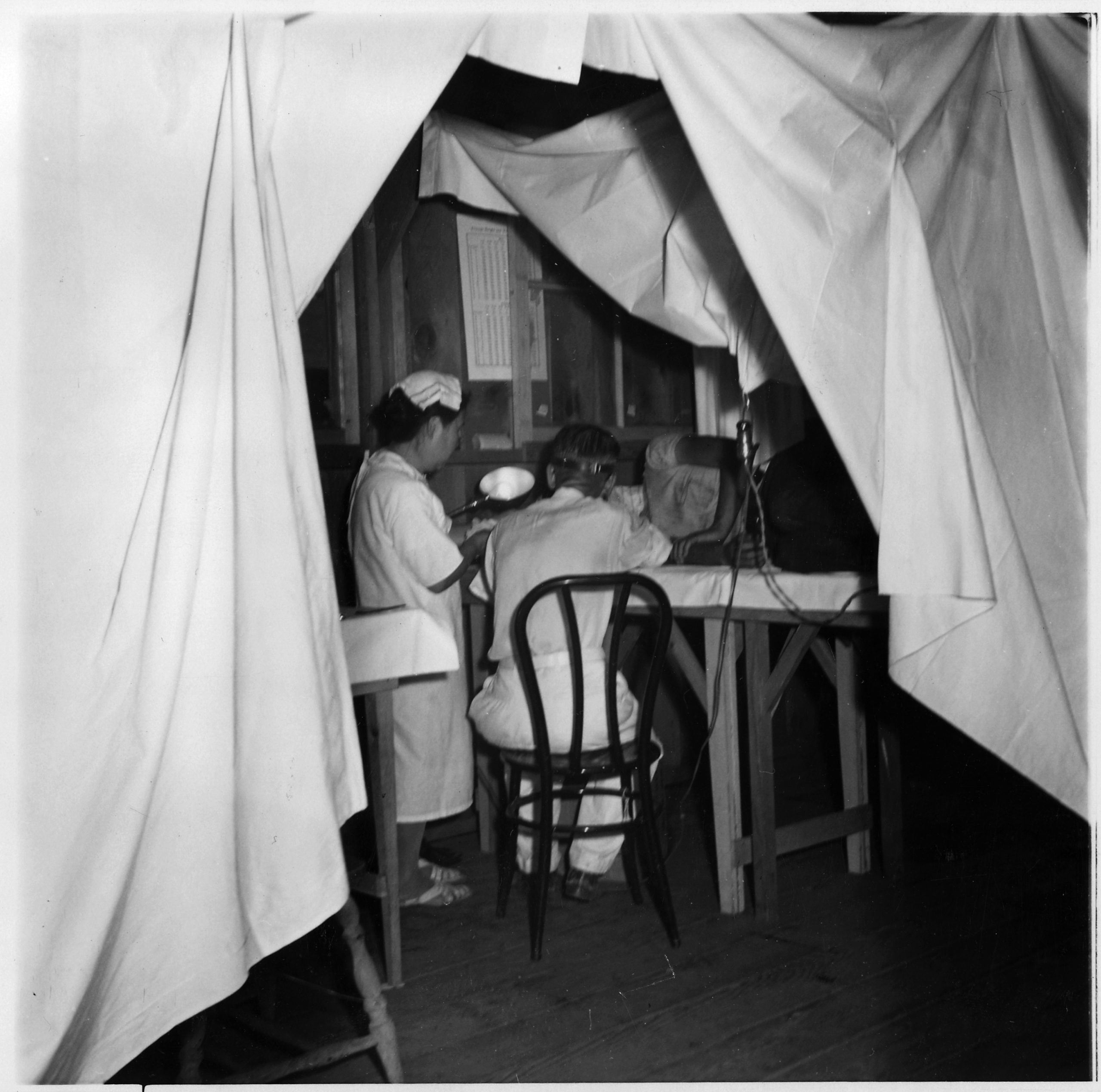 The burden of proof lies heavily on claimants to establish the elements of the claim they bring forward. Failing to do so can result in the dismissal of the charge. In the case of George Preston, a prisoner in a Louisiana jail, his complaint against Lieutenant Hicks and four state correctional officers for excessive use of force highlights the importance of meeting the requirements to substantiate a claim. Analyzing the alleged violation of Preston’s Eighth Amendment rights, the court carefully considered the evidence and ultimately decided to dismiss some claims while allowing others to proceed.
The burden of proof lies heavily on claimants to establish the elements of the claim they bring forward. Failing to do so can result in the dismissal of the charge. In the case of George Preston, a prisoner in a Louisiana jail, his complaint against Lieutenant Hicks and four state correctional officers for excessive use of force highlights the importance of meeting the requirements to substantiate a claim. Analyzing the alleged violation of Preston’s Eighth Amendment rights, the court carefully considered the evidence and ultimately decided to dismiss some claims while allowing others to proceed.
George Preston, a prisoner in a Louisiana jail, filed a complaint against Lieutenant Hicks and four state correctional officers for excessive use of force, violating his Eighth Amendment rights. The incident occurred when an officer opened an inmate’s cell. When the door opened, Preston rushed in and allegedly tried to hit the prisoner. The Sergeant on duty called for help from Lieutenant Bowie, Lieutenant Hicks, Sergeant Dauzat, and Sergeant Augustine. The officers then worked together to restrain Preston.
Preston claimed Lieutenant Hicks knocked him to the floor and elbowed him repeatedly in his face. While on the floor, Sergeant Augustine pinned his left arm behind him while Lieutenant Hicks pulled and twisted his right arm. Preston alleged Hick’s actions caused his shoulder to dislocate. Preston claimed he only entered the cell as a joke and that the officer retaliated excessively.
 Insurance Dispute Lawyer Blog
Insurance Dispute Lawyer Blog


 Timing. We all know it’s important, but how important is it in the legal field? Properly filing documents, adhering to deadlines, and raising legal issues within specific timeframes can significantly impact the outcome of a case. In the following case, the Fifth Circuit Court of Appeal looks to the issue of timeliness in the legal field and whether the cause of actions has matured enough to be “ripe” for judicial determination.
Timing. We all know it’s important, but how important is it in the legal field? Properly filing documents, adhering to deadlines, and raising legal issues within specific timeframes can significantly impact the outcome of a case. In the following case, the Fifth Circuit Court of Appeal looks to the issue of timeliness in the legal field and whether the cause of actions has matured enough to be “ripe” for judicial determination.  When a prison official fails to provide necessary medical care to an inmate, legal action may be pursued against the individual. However, claiming deliberate indifference to an inmate’s serious medical needs requires meeting specific criteria. As exemplified by the case below, these factors are crucial in preventing individuals from bringing frivolous claims against government officials, ensuring that legitimate cases receive the attention they deserve.
When a prison official fails to provide necessary medical care to an inmate, legal action may be pursued against the individual. However, claiming deliberate indifference to an inmate’s serious medical needs requires meeting specific criteria. As exemplified by the case below, these factors are crucial in preventing individuals from bringing frivolous claims against government officials, ensuring that legitimate cases receive the attention they deserve. Navigating the intricacies of civil litigation requires strict adherence to procedural rules, as the failure to meet deadlines or follow the correct timeline can result in serious consequences for plaintiffs seeking justice. In the case of Michael Neal Rollins, an inmate who filed a lawsuit against the State of Louisiana, Louis Ackal, Sheriff of Iberia Parish, and the Corrections Corporation of America, the impact of missed deadlines and abandoned filings became evident. Rollins alleged physical abuse during his transportation back to the Iberia Parish Jail, but his case was ultimately dismissed due to abandonment. This instance highlights the critical importance of timely and diligent filings within the legal system, emphasizing the need for plaintiffs to navigate the complex procedural landscape to have their claims heard.
Navigating the intricacies of civil litigation requires strict adherence to procedural rules, as the failure to meet deadlines or follow the correct timeline can result in serious consequences for plaintiffs seeking justice. In the case of Michael Neal Rollins, an inmate who filed a lawsuit against the State of Louisiana, Louis Ackal, Sheriff of Iberia Parish, and the Corrections Corporation of America, the impact of missed deadlines and abandoned filings became evident. Rollins alleged physical abuse during his transportation back to the Iberia Parish Jail, but his case was ultimately dismissed due to abandonment. This instance highlights the critical importance of timely and diligent filings within the legal system, emphasizing the need for plaintiffs to navigate the complex procedural landscape to have their claims heard. Being injured at work is never what you want to deal with. What’s worse is dealing with multiple independent medical examiners making opinions on your medical state. In the following case, the
Being injured at work is never what you want to deal with. What’s worse is dealing with multiple independent medical examiners making opinions on your medical state. In the following case, the  Divorce can be tumultuous, marked by significant stress and numerous life changes. Amidst the emotional and practical adjustments, it is crucial not to overlook a critical task: updating the beneficiary of your life insurance policy. In Claiborne Parish, a compelling case serves as a cautionary tale, underscoring the paramount importance of understanding and verifying your designated beneficiary on all insurance plans. The story unravels the unsettling reality that the proceeds from your life insurance policy may not end up in the hands of the intended recipient.
Divorce can be tumultuous, marked by significant stress and numerous life changes. Amidst the emotional and practical adjustments, it is crucial not to overlook a critical task: updating the beneficiary of your life insurance policy. In Claiborne Parish, a compelling case serves as a cautionary tale, underscoring the paramount importance of understanding and verifying your designated beneficiary on all insurance plans. The story unravels the unsettling reality that the proceeds from your life insurance policy may not end up in the hands of the intended recipient. Suppose you are considering settling a lawsuit related to injuries on the job. In that case, it is essential to understand how a potential settlement of a related claim could affect your workers’ compensation benefits. What happens to your workers’ compensation benefits if you settle a related lawsuit without written approval from your employer and their workers’ compensation insurer? The following case helps answer that question.
Suppose you are considering settling a lawsuit related to injuries on the job. In that case, it is essential to understand how a potential settlement of a related claim could affect your workers’ compensation benefits. What happens to your workers’ compensation benefits if you settle a related lawsuit without written approval from your employer and their workers’ compensation insurer? The following case helps answer that question. Although there is a common saying, “good things come to those who wait,” that is not true in the context of filing lawsuits, especially if they involve establishing paternity after your purported father passed away. Louisiana law has strict requirements that establish the time by which you must file a lawsuit. Your lawsuit will be dismissed if you do not comply with these requirements. What happens if the law governing how long you have to bring your lawsuit changes?
Although there is a common saying, “good things come to those who wait,” that is not true in the context of filing lawsuits, especially if they involve establishing paternity after your purported father passed away. Louisiana law has strict requirements that establish the time by which you must file a lawsuit. Your lawsuit will be dismissed if you do not comply with these requirements. What happens if the law governing how long you have to bring your lawsuit changes?  Being a classified civil servant provides certain protections, including the right to due process before termination. The following case revolves around a police officer who claimed his due process rights were violated when he was terminated following multiple infractions. It highlights the importance of adequate notice and an opportunity to be heard in cases involving the termination of classified civil servants.
Being a classified civil servant provides certain protections, including the right to due process before termination. The following case revolves around a police officer who claimed his due process rights were violated when he was terminated following multiple infractions. It highlights the importance of adequate notice and an opportunity to be heard in cases involving the termination of classified civil servants. When you make a quick run to the store, the last thing you expect is to be injured while shopping. If you slip and fall at a store, you might expect the store to be responsible for any injuries you might have suffered. However, Louisiana law requires that a store have actual or constructive knowledge of the hazardous condition to be held liable. Therefore, if you are considering filing a lawsuit against a store for a slip-and-fall accident, it is essential to provide evidence of the store’s knowledge so your claim does not get dismissed.
When you make a quick run to the store, the last thing you expect is to be injured while shopping. If you slip and fall at a store, you might expect the store to be responsible for any injuries you might have suffered. However, Louisiana law requires that a store have actual or constructive knowledge of the hazardous condition to be held liable. Therefore, if you are considering filing a lawsuit against a store for a slip-and-fall accident, it is essential to provide evidence of the store’s knowledge so your claim does not get dismissed.